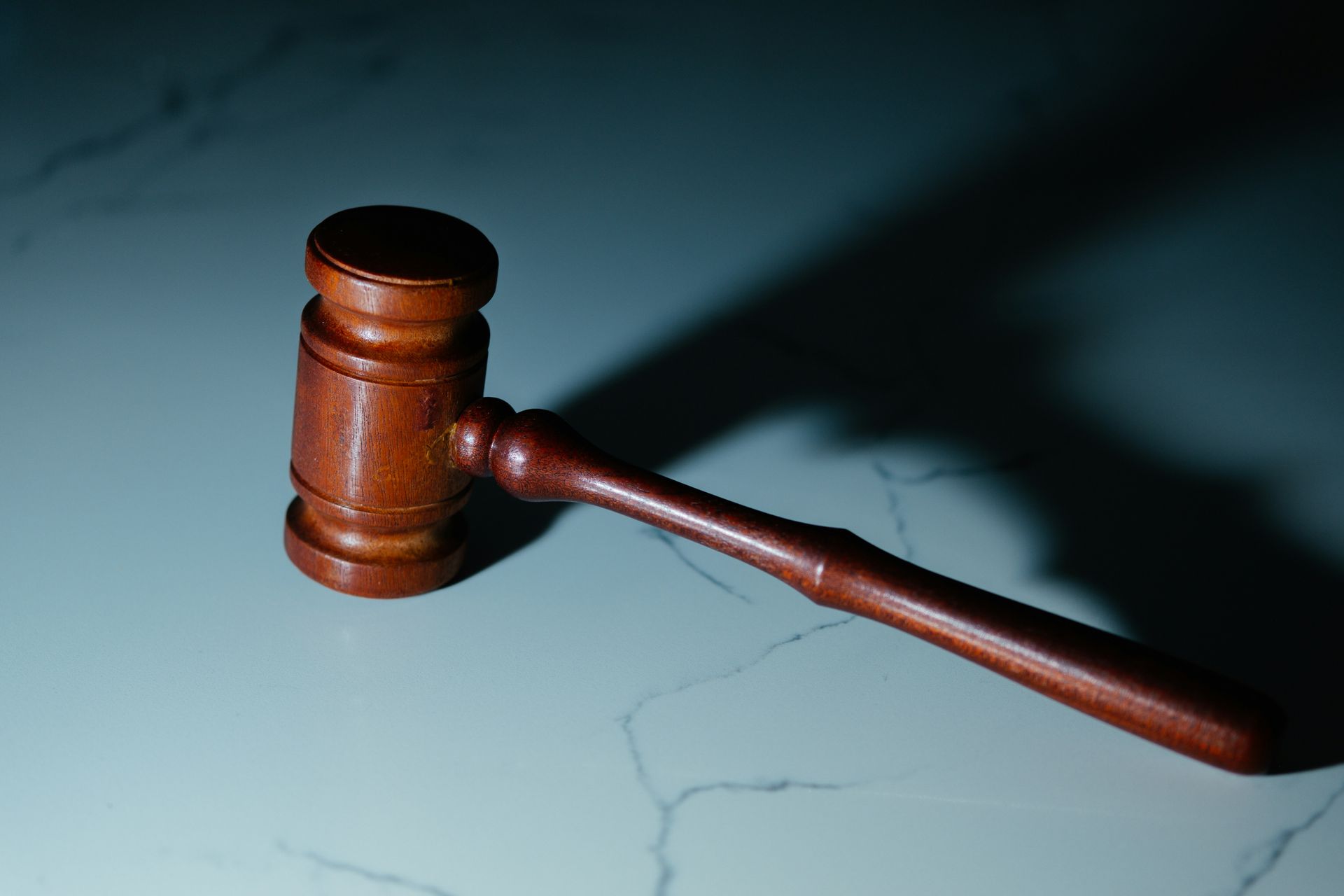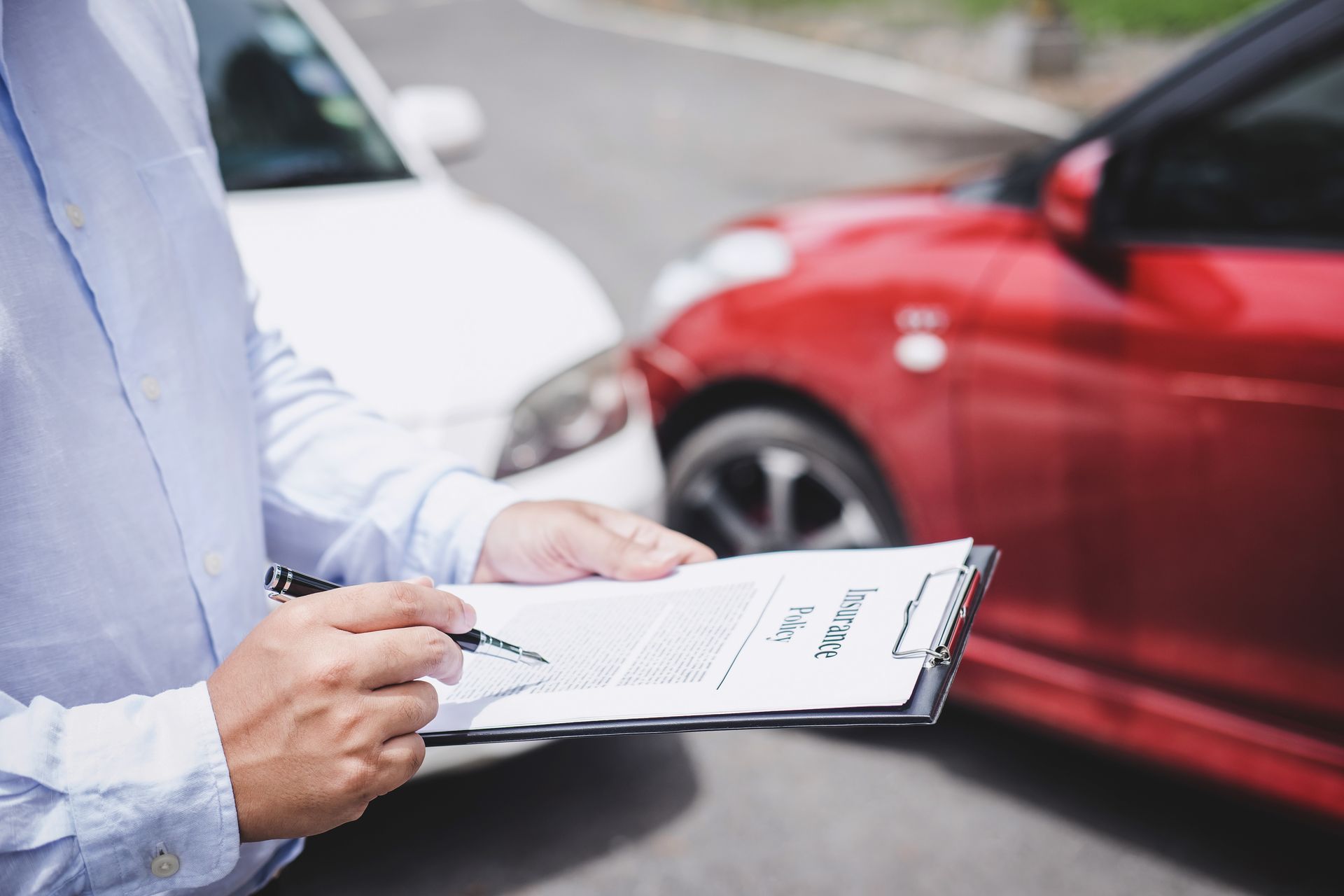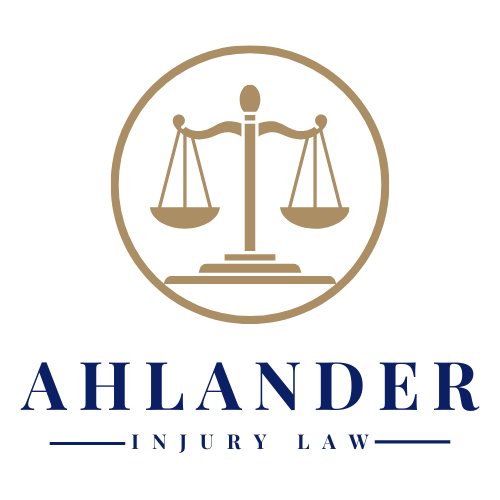The Role of Expert Witnesses in Injury Trials
When you or a loved one is injured due to someone else’s negligence, the path to justice can be complex. One of the most critical elements in personal injury litigation is the use of expert witnesses. At Ahlander Injury Law, we understand how the testimony of these specialists can make the difference between a successful claim and an unfavorable outcome. Here, we explore the essential role expert witnesses play in personal injury trials, how they help establish key points like liability, causation, and damages, and why their contributions are so significant to your case.
Understanding the Function of Expert Witnesses
Expert witnesses are individuals with specialized knowledge, training, or experience that goes beyond that of the average person. Their primary function in personal injury cases is to provide objective, credible, and scientifically sound opinions on matters that are outside the general knowledge of jurors and judges. Their testimony helps clarify the facts, interpret complex evidence, and explain technical concepts that can be pivotal in determining the outcome of a case.
For example, in a car accident case, an accident reconstructionist might analyze skid marks, vehicle damage, and road conditions to determine how the crash occurred and who was at fault. Their insights can be invaluable in painting a clear picture for the court, ensuring that the facts are presented in a way that is both understandable and compelling.
Proving Liability: Establishing Fault with Precision
One of the most challenging aspects of a personal injury trial is proving liability—that is, demonstrating that another party’s negligence directly caused your injuries. Expert witnesses are often called upon to reconstruct events, analyze evidence, and provide opinions about how an accident happened.
Medical experts, for instance, can explain the extent of injuries and whether they are consistent with the type of accident described. Engineering experts might examine the design of a product or a building to identify defects or improper maintenance that contributed to an injury. These testimonies not only help establish who is at fault but also strengthen the credibility of your claim.
Demonstrating Causation: Connecting the Dots
In personal injury cases, it’s not enough to show that an accident happened—you must also prove that the defendant’s actions (or inaction) caused your injuries. This is where expert witnesses truly shine. Medical experts, for example, can testify about how a particular accident led to specific injuries, ruling out preexisting conditions or other unrelated causes.
Consider a case involving a slip and fall at a grocery store. A medical expert might review your medical history, diagnostic tests, and the circumstances of the fall to testify that your injuries were directly caused by the incident, rather than by a previous health condition. Their testimony can be crucial in establishing the link between the accident and your injuries, which is necessary for a successful claim.
Calculating Damages: Valuing Your Losses
Determining the value of a personal injury claim involves more than just adding up medical bills. It requires a thorough evaluation of current and future losses, including lost wages, diminished earning capacity, ongoing medical treatment, and even pain and suffering. Experts in economics, vocational rehabilitation, and life care planning are often brought in to provide detailed assessments of these damages.
For example, an economist may project the lifetime costs associated with a permanent disability, while a vocational expert can assess your ability to return to work or find alternative employment. Their expert opinions help ensure that all aspects of your loss are considered, providing the court with a comprehensive view of your damages.
Types of Expert Witnesses in Personal Injury Cases
The types of experts commonly called upon in personal injury litigation are as varied as the cases themselves. Some of the most frequently utilized experts include:
- Medical Experts: Physicians, surgeons, and specialists who provide opinions on injuries, treatments, and prognoses.
- Accident Reconstructionists: Professionals who analyze accidents using engineering principles and physical evidence.
- Economic Experts: Economists who calculate financial losses, future earnings, and other monetary damages.
- Vocational Experts: Specialists who evaluate the impact of injuries on a person’s ability to work.
- Life Care Planners: Experts who assess long-term medical and personal care needs.
Each expert brings a unique perspective that can help clarify complex issues and provide the court with reliable, fact-based opinions.
The Impact of Expert Testimony on Case Outcomes
The influence of expert witnesses on personal injury trials cannot be overstated. Their testimony often becomes the linchpin of a case, providing the clarity, credibility, and detail necessary for judges and juries to make informed decisions. In fact, cases with strong expert testimony are more likely to settle out of court, as the opposing party may be more inclined to negotiate once faced with compelling evidence.
Moreover, courts frequently rely on expert opinions to resolve disputes over complex technical matters. For example, in cases involving traumatic brain injuries or spinal cord damage, medical experts can explain subtle symptoms and long-term consequences that may not be immediately apparent. Their input is critical in helping the court understand the true impact of an injury.
Why Choose Ahlander Injury Law for Your Case?
At Ahlander Injury Law, we pride ourselves on leveraging the expertise of qualified professionals to build the strongest possible case for our clients. We carefully select expert witnesses who are not only highly respected in their fields but also skilled at communicating complex information in a way that is accessible and persuasive. Our commitment to thorough case preparation and expert testimony has helped countless clients achieve fair compensation for their injuries.
If you or a loved one has been injured due to someone else’s negligence, our team is here to help. Learn more about our approach and how we can support your case from start to finish.





